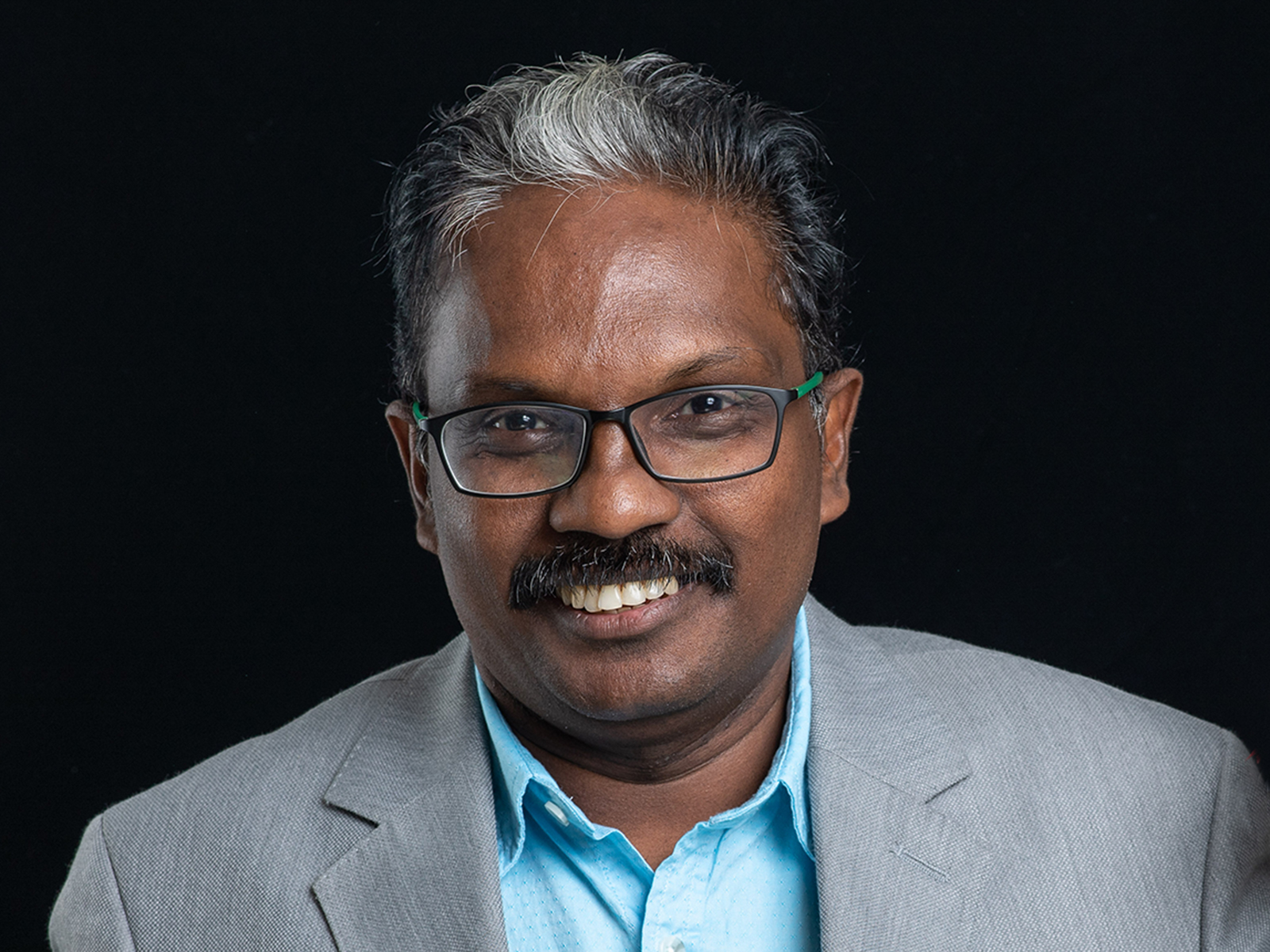
- Golden Globe Awards
The Portraits (India) – In Conversation with Dr. Kumar Sheds
The Portraits consist of six cinematic sketches depicting the various means by which a fascist government tries to silence its people suspected of Maoist ties. They hunt down artists, those who struggle against ecocide and mechanization, people’s counterattack against state-sponsored violence. And by imposing a new order of obedience on its people. The film is directed written and produced by Dr. Bijukumar Damodaran. In a telephone interview, Dr. Kumar Sheds light on his passion for speaking up for the oppressed.
Most of your films speak for the politically and socially oppressed. The underdog. Where does this passion come from?
I always believe that Cinema is not just entertainment, but it is an art form with a social and political commitment. The filmmaker should stand with the oppressed people with a clear social and political vision to make an artistic visual language. I am always making films which are not meant to entertain people but to make you think about people and our society.
I myself belong from a backward community in India (Dalit) and I know personally how the socially and economically marginalized people in India suffer, are oppressed, and are side-lined from the visibility of Indian mainstream life and power. I think as an artist it’s my duty to make films that speak for the politically and socially oppressed which are not usually portrayed on the silver screen.
Making a movie against the existing political and Fascist regime is difficult in today’s situation, but it’s important to ask questions about any government anywhere in the world about the oppressed and marginalized people where they belong. That can enable an artist through their socially committed art forms like cinema.
Do you think that cinema can change the mindset of people?
Yes, I do, I think that a film can make the audience think about what they just watched. A film should help to make an audience think about the reality they didn’t notice yet. An artistic cinema can open the eyes of viewers to some reality that they never experienced or never noticed. Those will definitely change the mindset of a few people who are watching the films. Cinema is an amazing medium of art form that can be used as a social tool for the transformation of ideas if you wanted. Otherwise, you can use it as a medium of just entertainment with a money jackpot business.
You have won so many national and international awards. Has that solidified you’re standing within the industry, and what do you think of awards generally?
Awards and recognitions are definitely a catalyst for independent artists. This will help me to give more confidence about my thinking process and approach towards the art of cinema. Awards will give me encouragement to make more meaningful films with more social responsibility. Every award will make me a more responsible person to society and art.